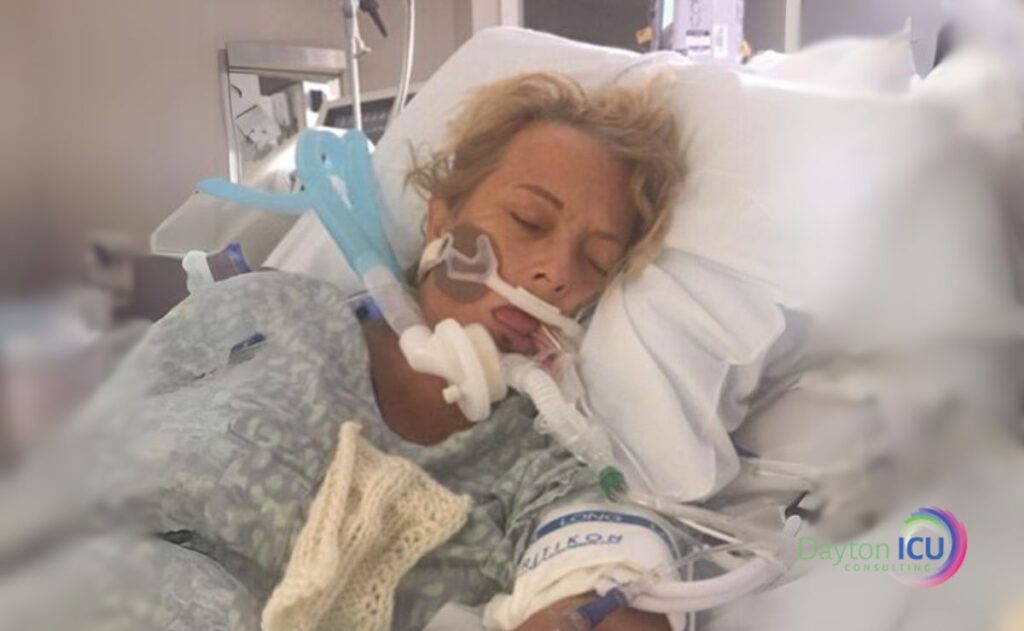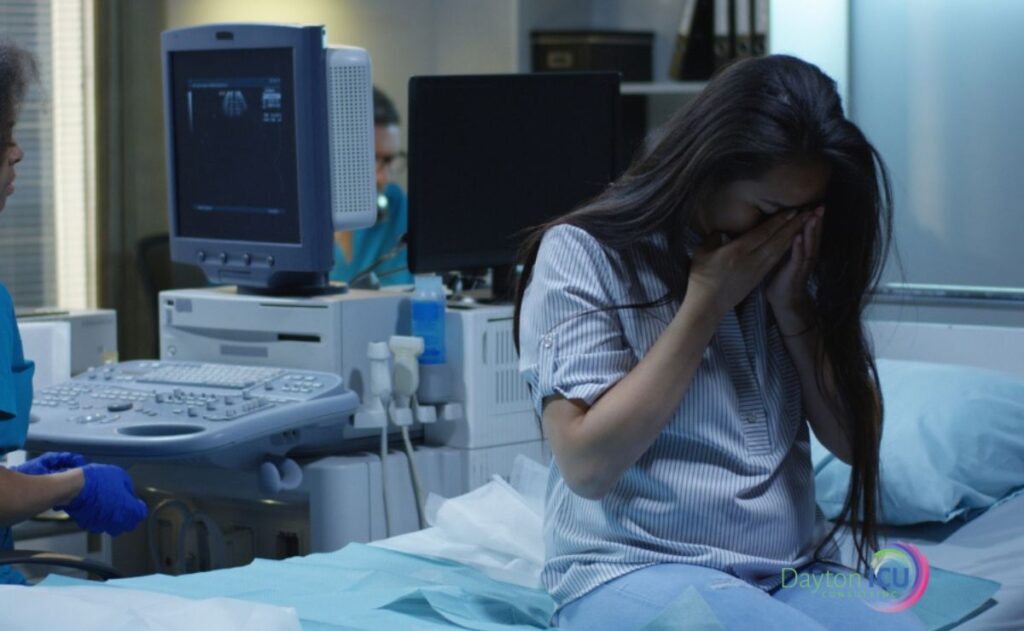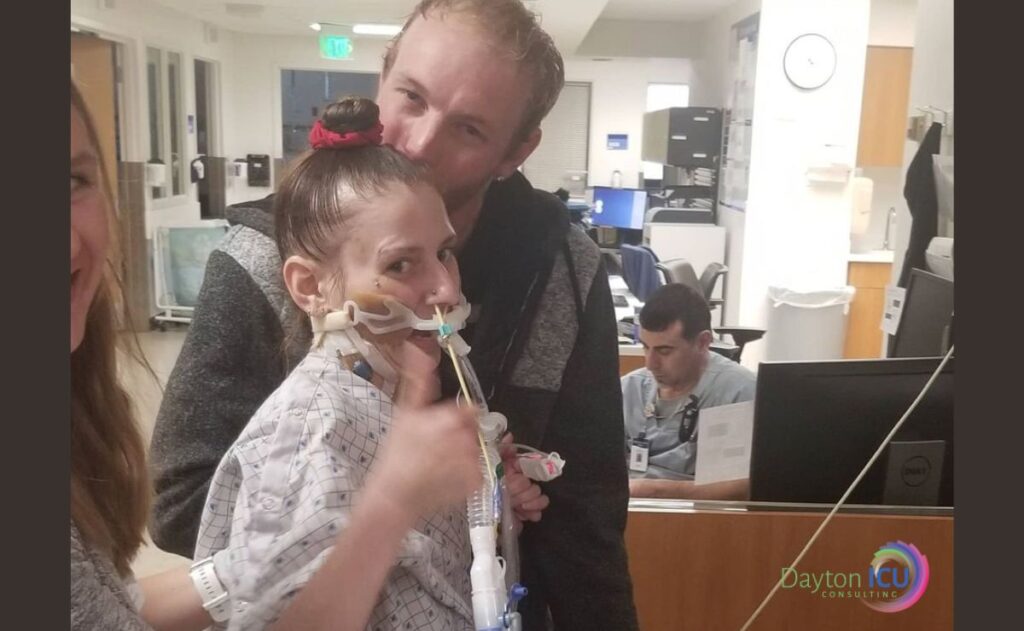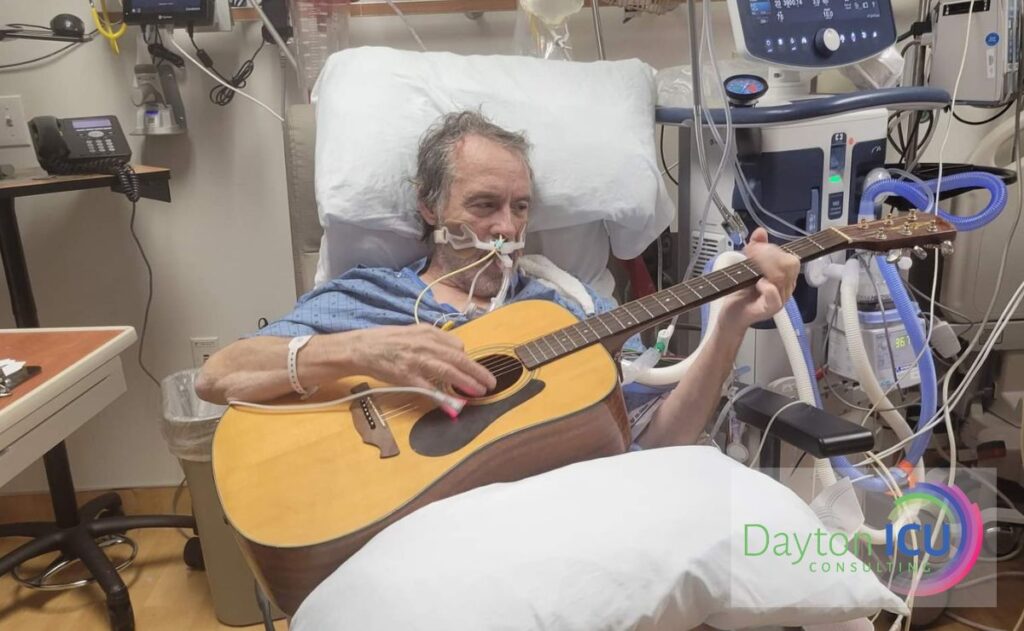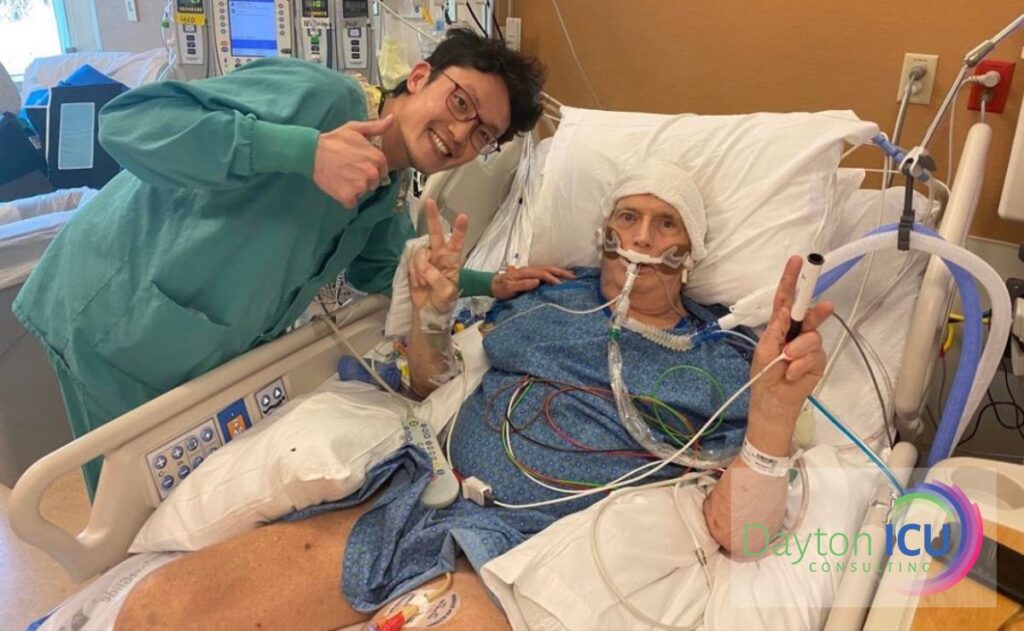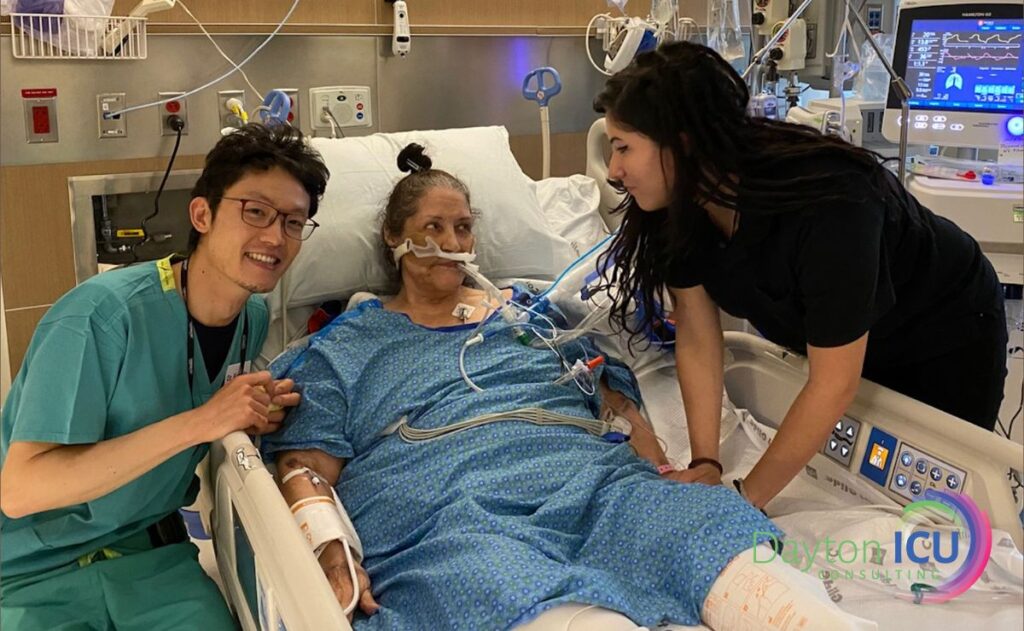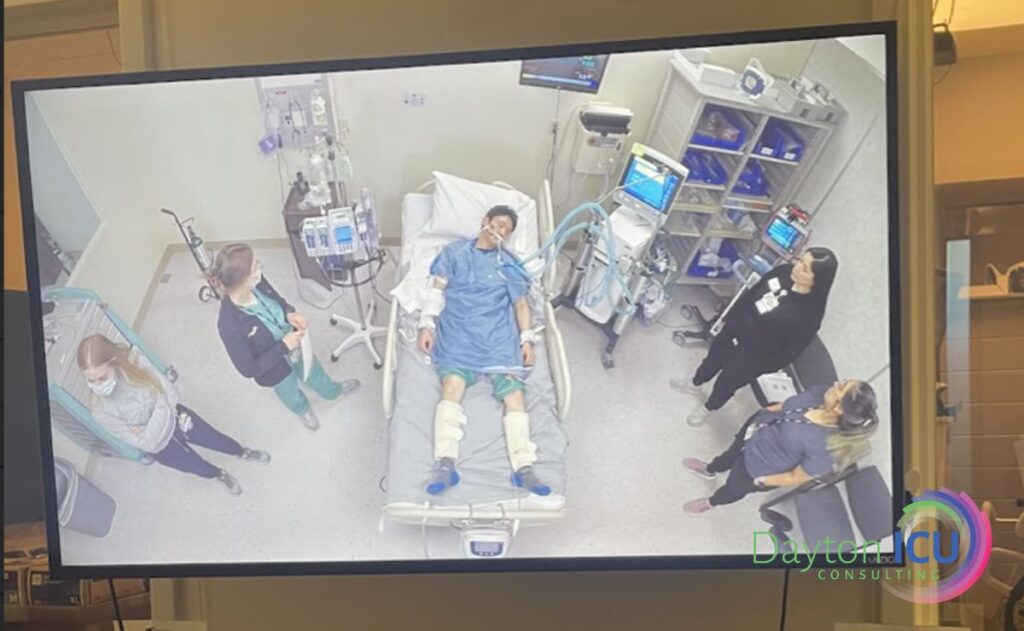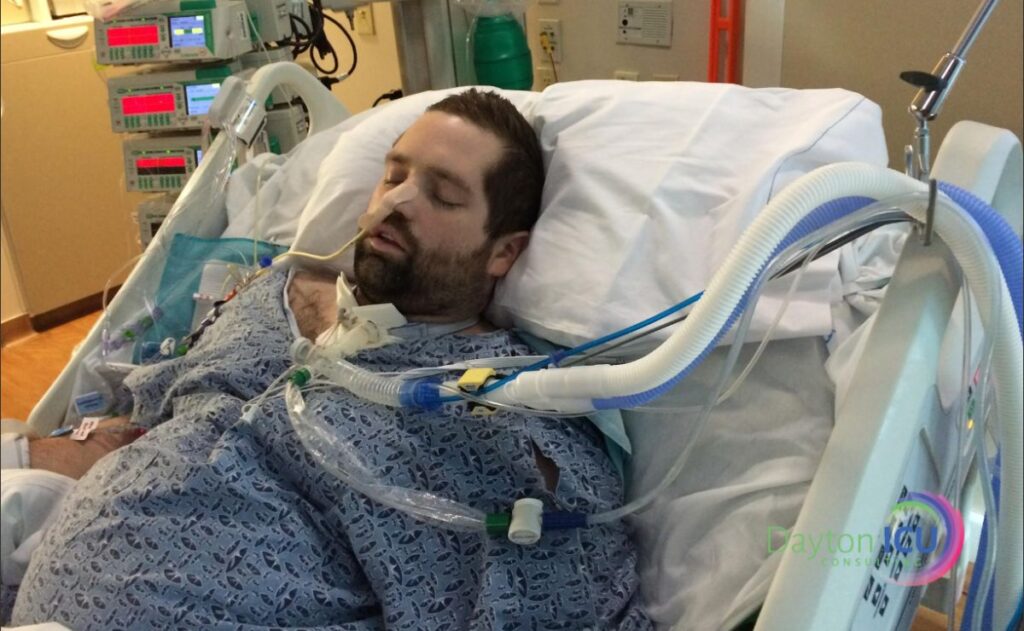
Prehab vs. Rehab: Which Approach Should be Prioritized in the ICU?
For the past five years, I have been engrossed in exploring the history and current culture of the ICU, as they relate to the ABCDEF Bundle. As a result, I’ve been faced with having to compare my ingrained understanding of early mobility to the cultural “norms” I see at the bedside, as well as in
Learn More > from Prehab vs. Rehab: Which Approach Should be Prioritized in the ICU?
